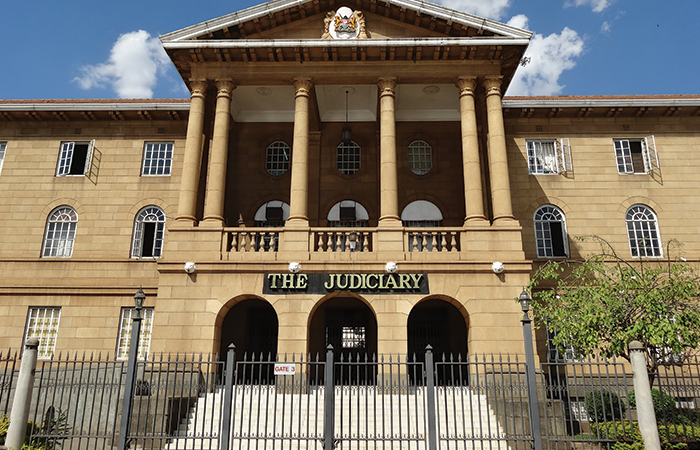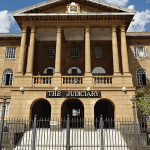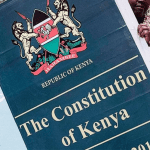Human rights are fundamental rights and freedoms that belong to every individual, regardless of their background, nationality, or beliefs. As such, these rights are protected under national and international laws to ensure dignity, equality, and fairness for all. Unfortunately, human rights violations continue to occur globally, ranging from discrimination and unlawful detention to violence and exploitation. Addressing these violations requires a robust legal framework and unwavering commitment to justice.
Understanding Human Rights Violations
A human rights violation occurs when an individual’s fundamental rights are denied, restricted, or abused. Common examples include:
- Discrimination: Unequal treatment based on race, gender, religion, or disability.
- Torture and Inhumane Treatment: Physical or psychological abuse.
- Unlawful Detention: Being held without due process.
- Denial of Freedom: Restrictions on speech, movement, or assembly.
These violations often leave victims feeling powerless and marginalized. However, the law provides avenues to seek redress and hold perpetrators accountable.
Legal Framework for Human Rights Protection
International Instruments
There are several international treaties which uphold Human rights, such as:
- The Universal Declaration of Human Rights (UDHR): This board sets out fundamental rights that must be respected by all nations.
- International Covenant on Civil and Political Rights (ICCPR): Protects freedoms like speech, assembly, and religion.
- International Covenant on Economic, Social, and Cultural Rights (ICESCR): Focuses on rights to work, education, and health.
National Laws
In Kenya, the Constitution serves as the primary legal document safeguarding human rights. Chapter Four, the Bill of Rights, outlines protections such as:
- Equality and freedom from discrimination.
- Right to fair administrative action.
- Right to access information.
The judiciary is critical in interpreting these laws to protect individuals from violations.
Seeking Justice for Human Rights Violations
If you or someone you know has experienced a human rights violation, it is essential to act promptly. Here are the steps you can take:
- Document the Incident
- Collect evidence such as photographs, medical records, or witness statements. That will strengthen your case.
- File a Complaint
- Report the violation to relevant authorities, such as the police, the Kenya National Commission on Human Rights (KNCHR), or the courts.
- Engage Legal Counsel
- A qualified lawyer can help you navigate the legal process, ensuring your rights are protected and you receive appropriate remedies.
- Pursue Remedies
- Remedies for human rights violations may include compensation, public apologies, or policy reforms to prevent future violations.
Role of P.K. Kamau & Co. Advocates in Human Rights Cases
At P.K. Kamau & Co. Advocates, we have a commitment to champion justice and protecting human rights. Our experienced team:
- Provide legal advice on human rights matters.
- Represents clients in court to ensure accountability.
- Advocates for policy changes to enhance human rights protections.
Conclusion
Human rights violations undermine the principles of equality, freedom, and justice. However, the law offers a powerful tool to challenge these injustices and uphold the dignity of every individual. By seeking legal remedies, victims can reclaim their rights and contribute to a fairer society.
If you need assistance with a human rights matter, contact P.K. Kamau & Co. Advocates. Together, we can work towards justice and accountability.





